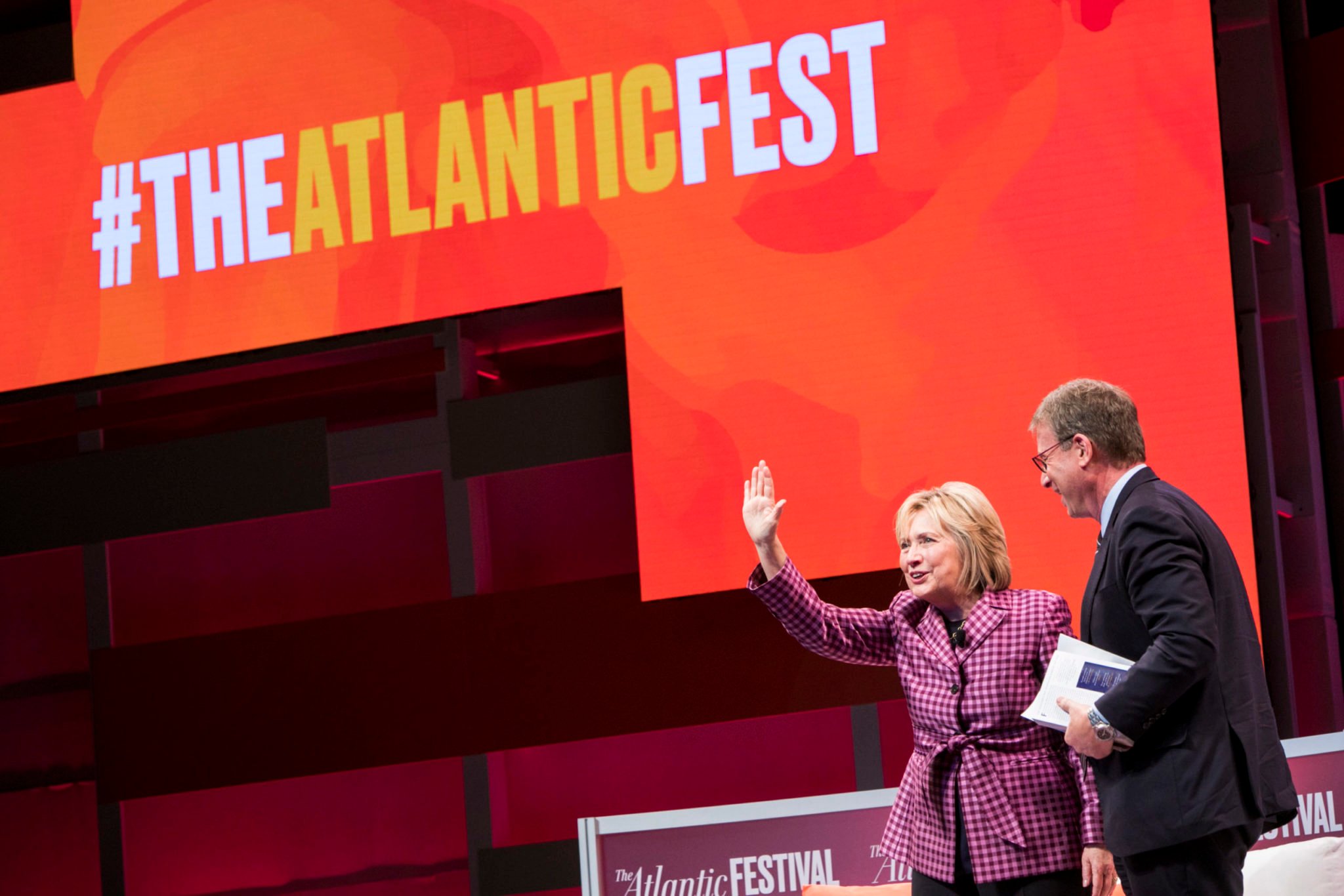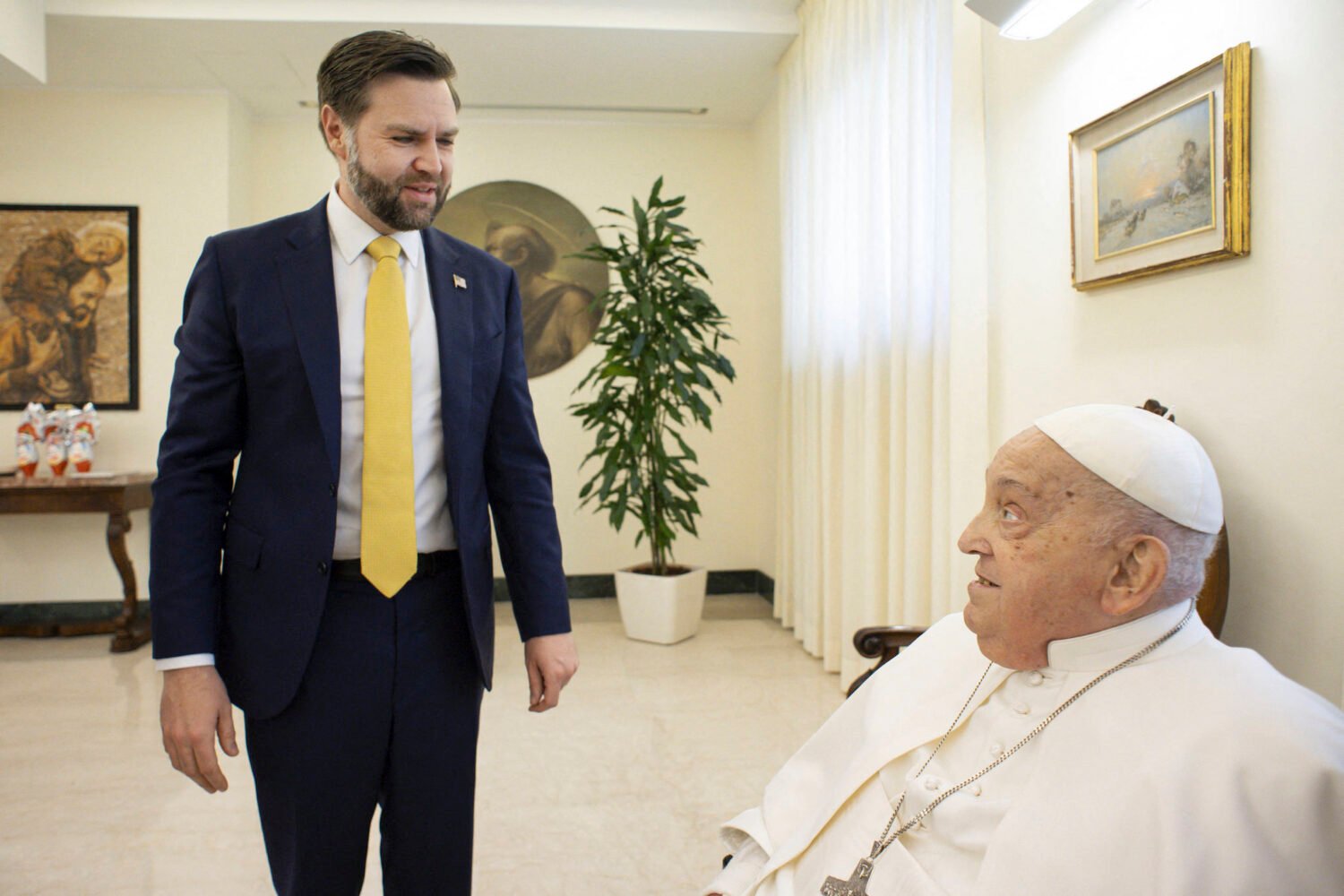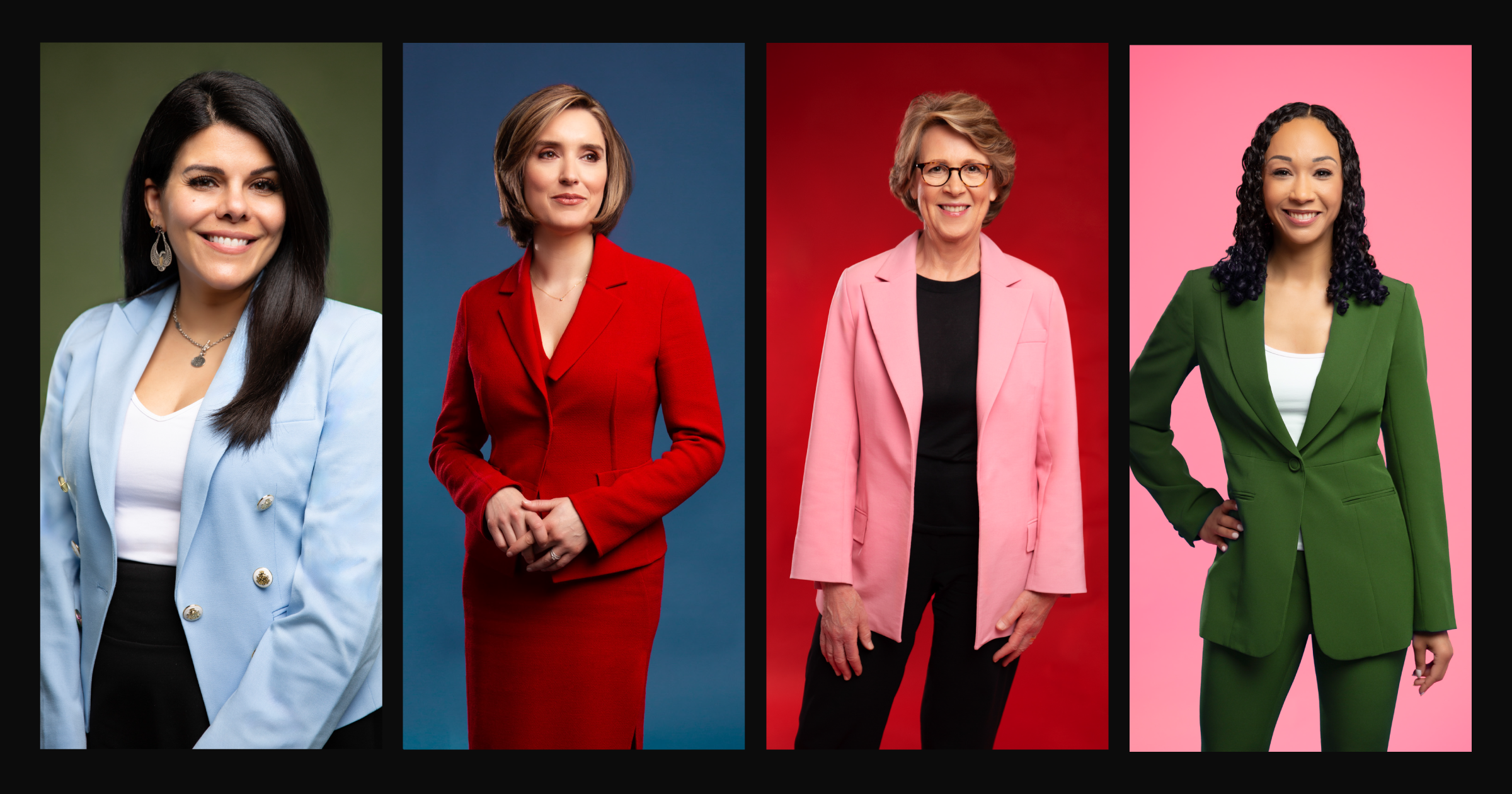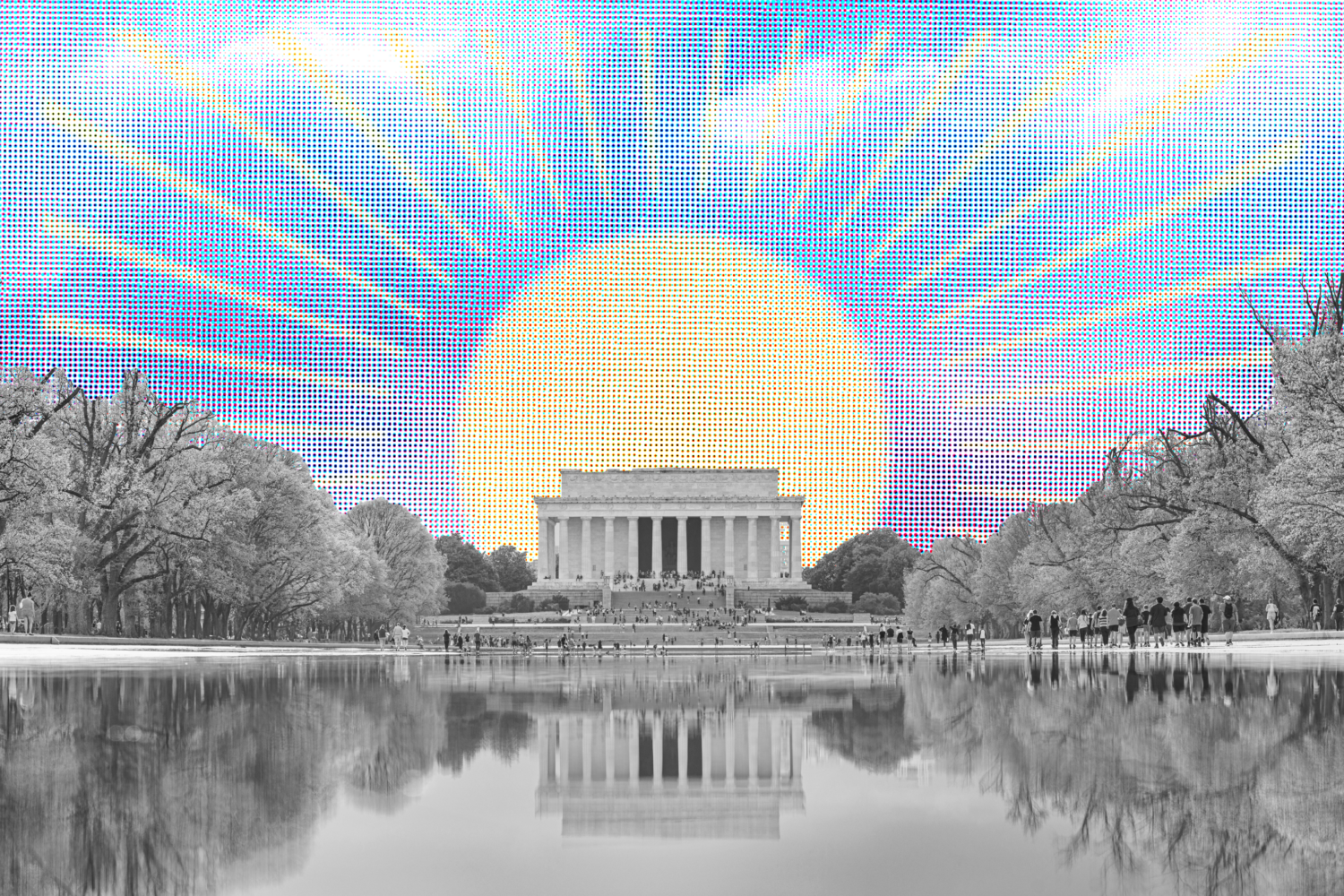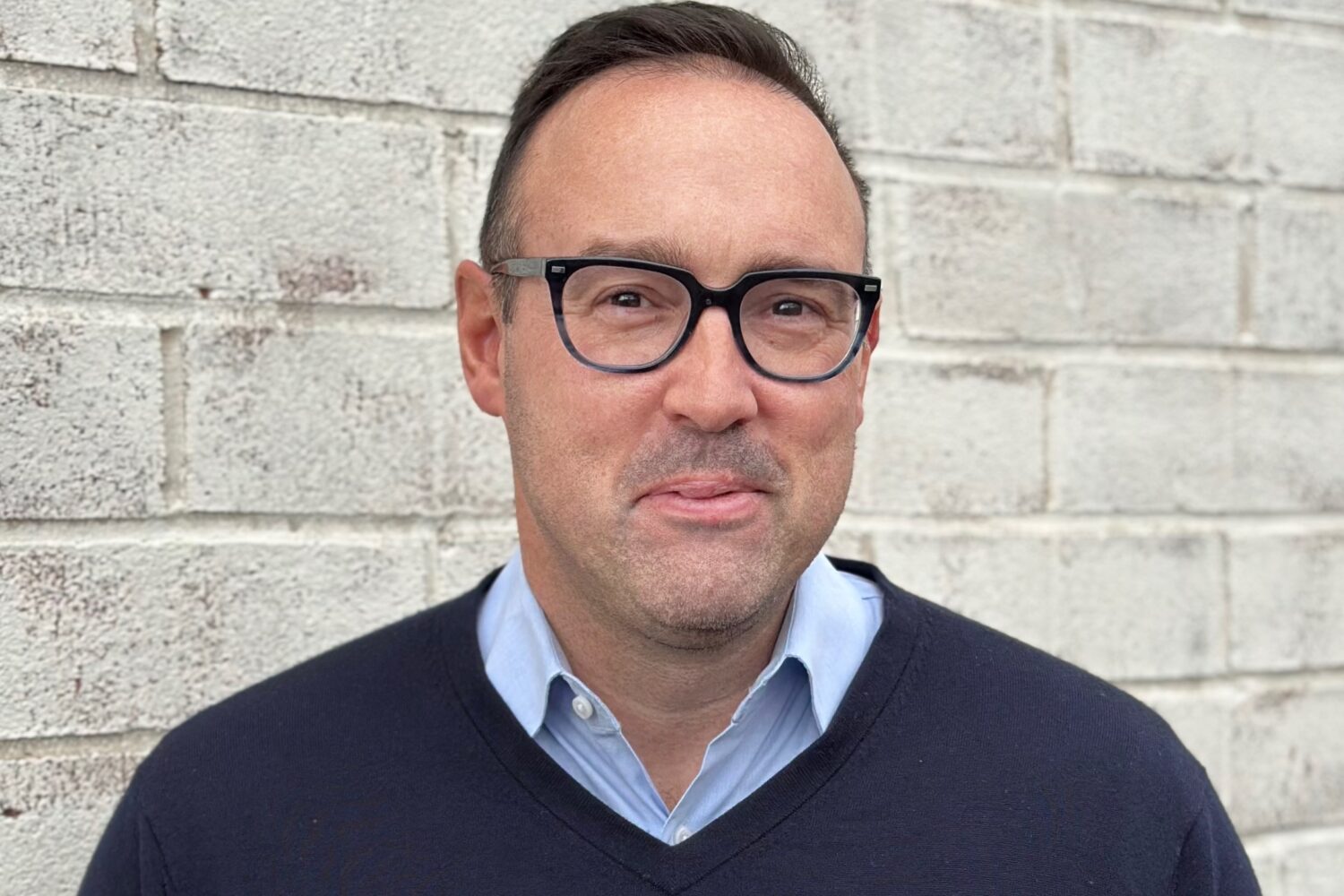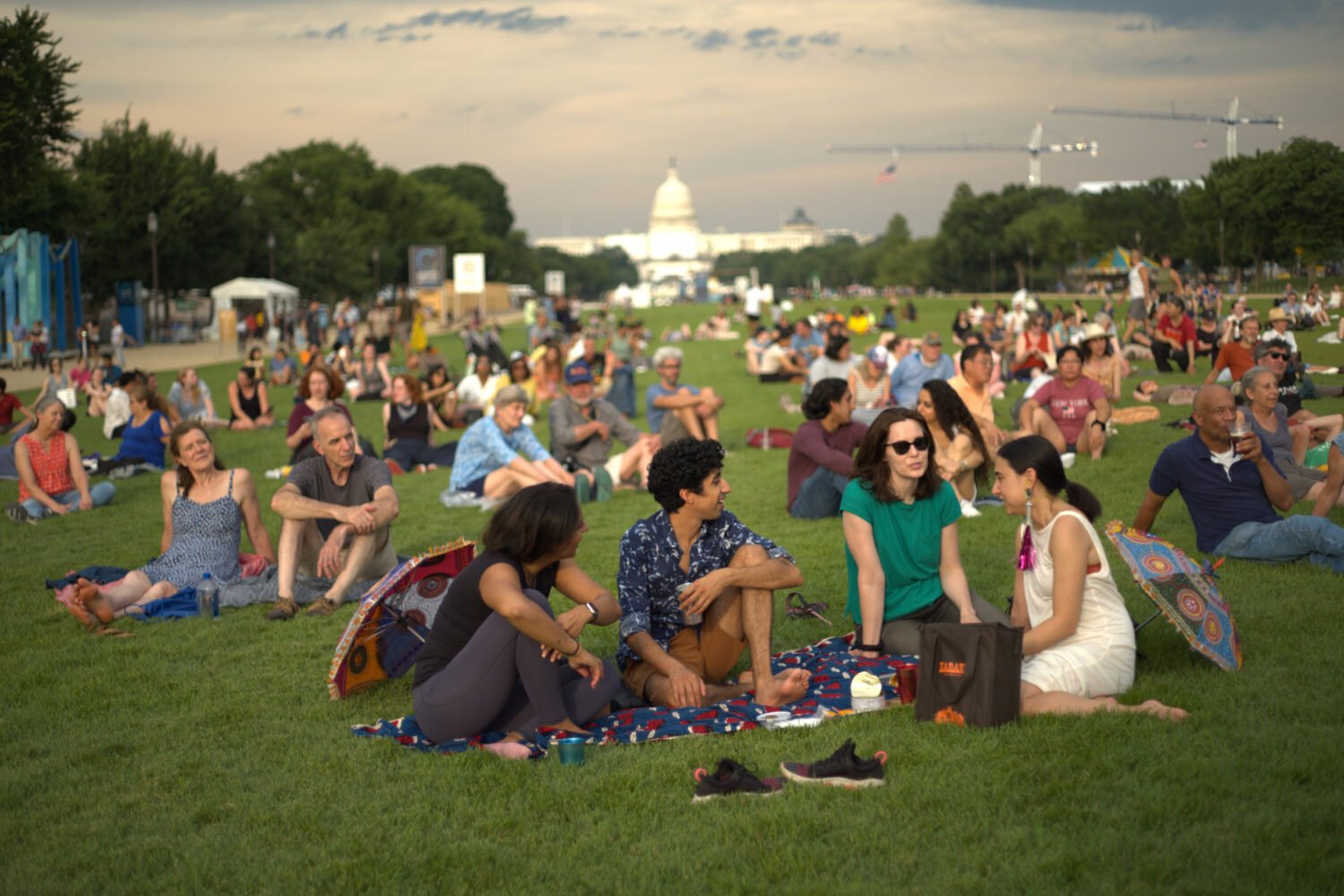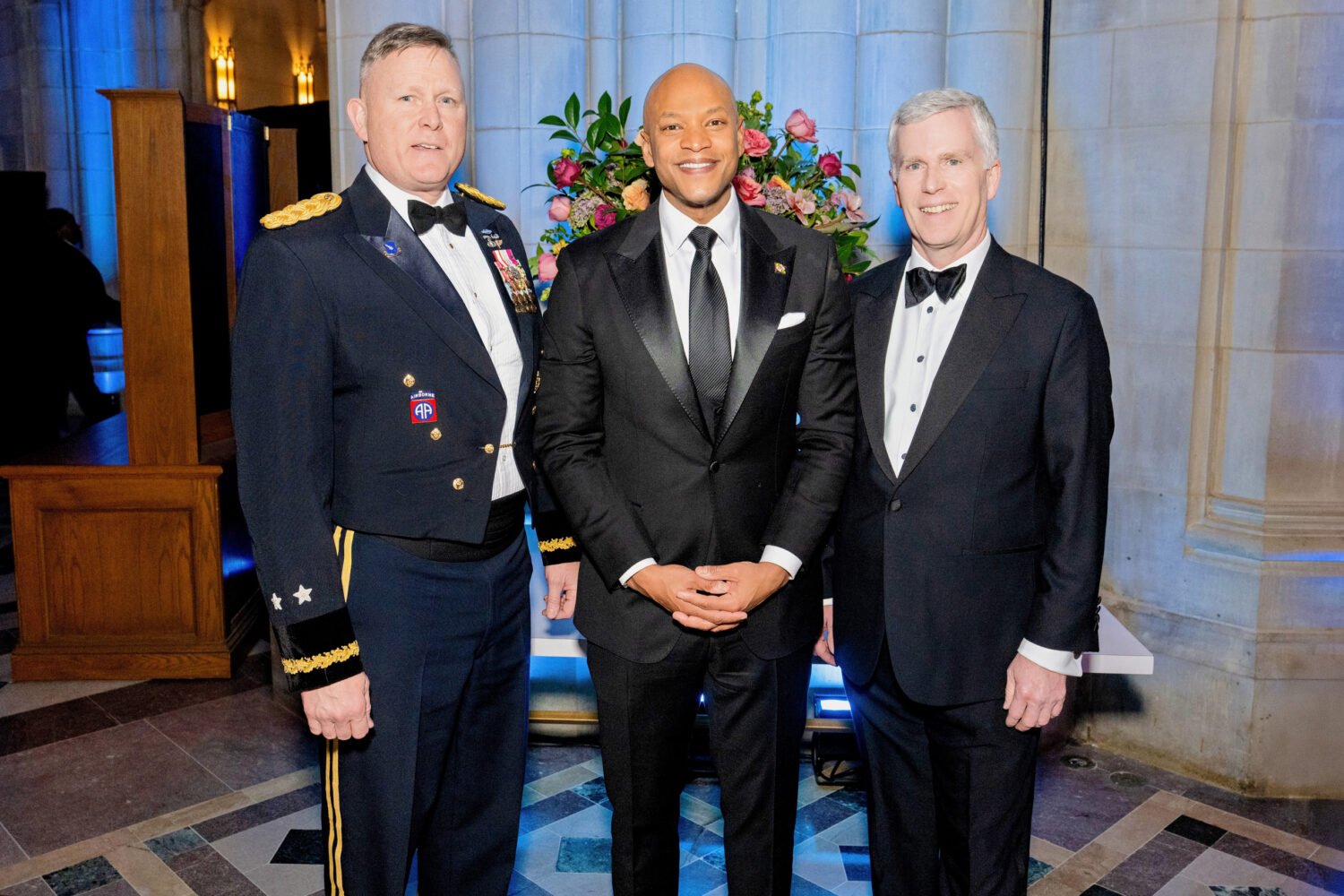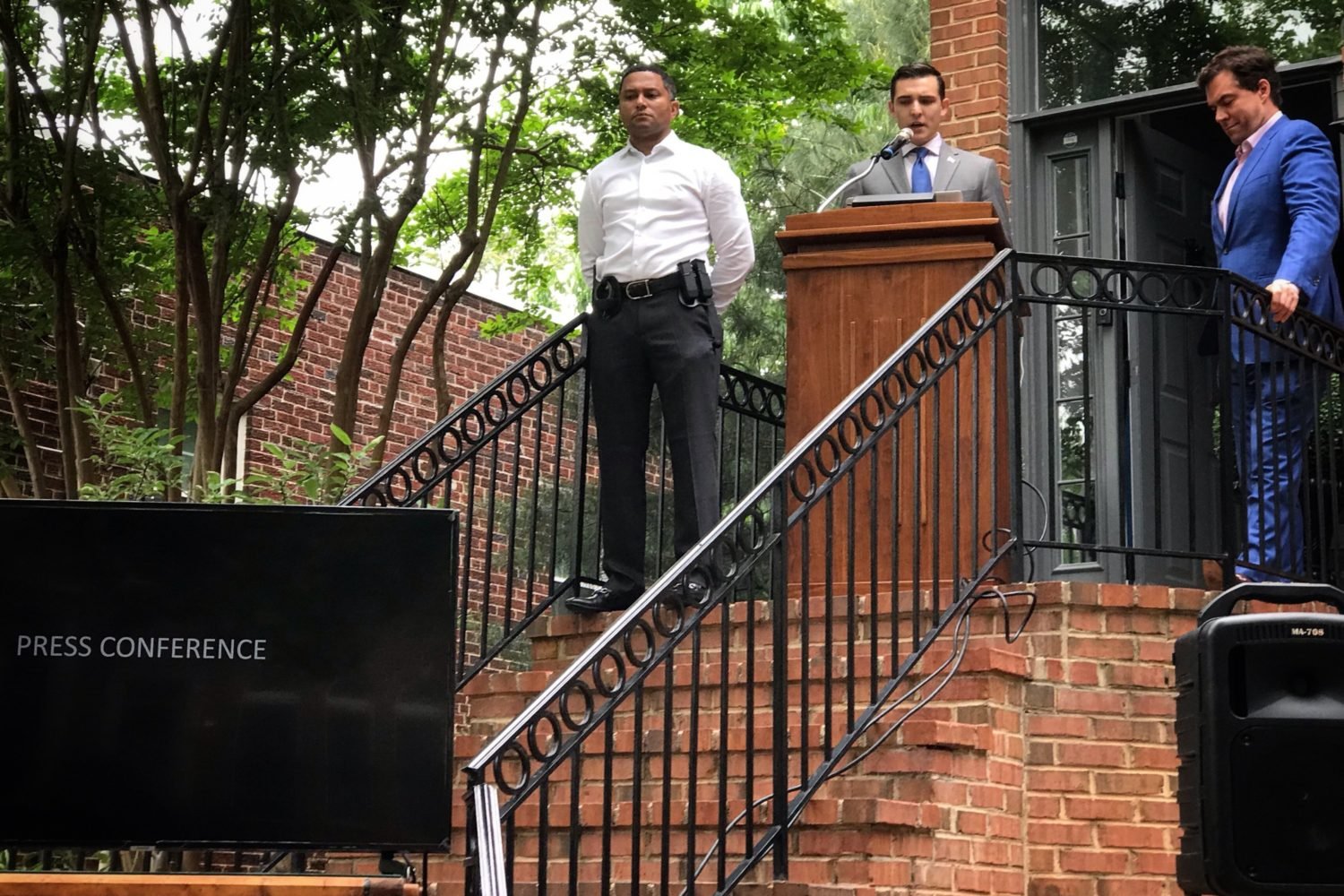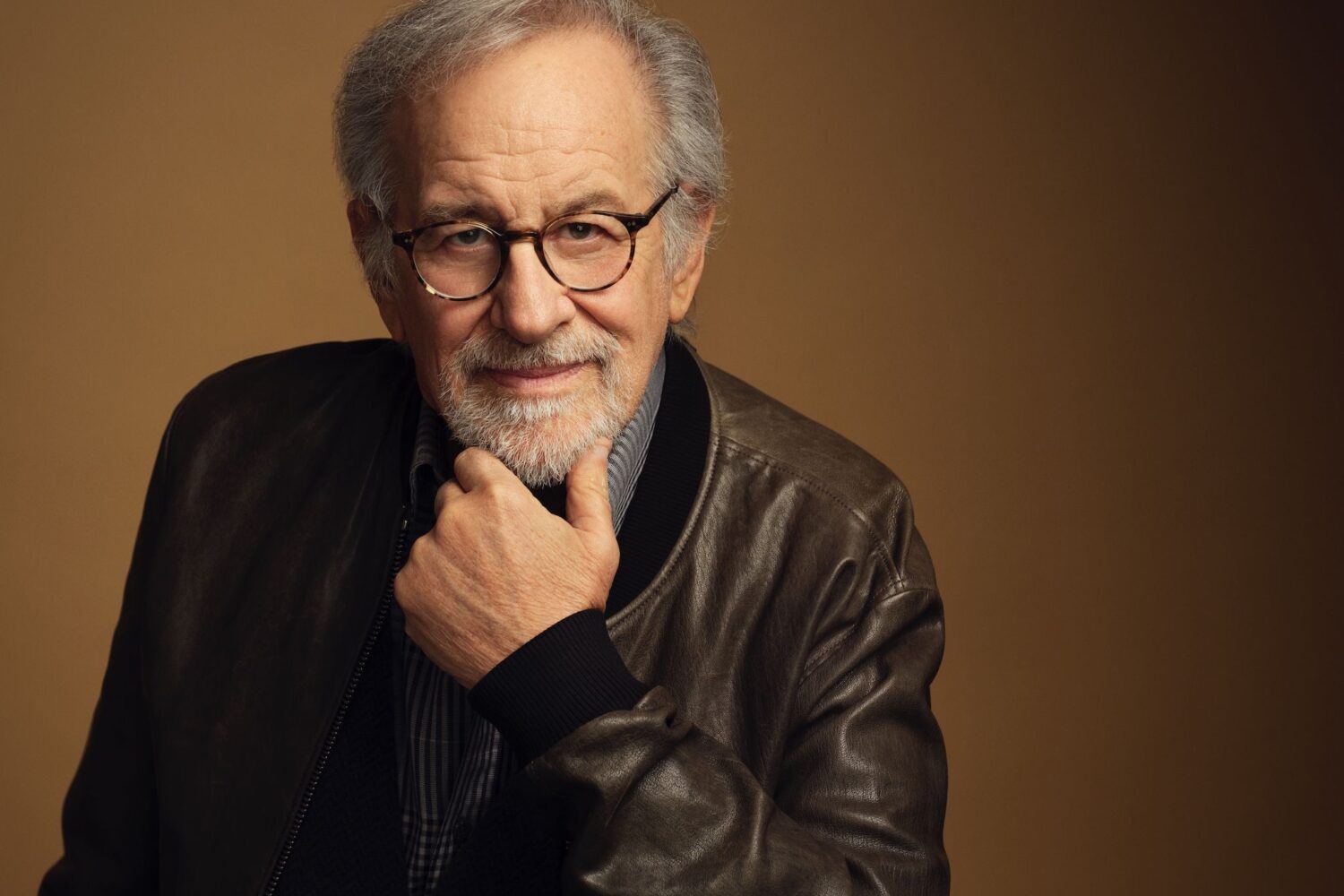The Atlantic Festival, which runs from September 24 through September 26, is offering a more cost-conscious, time-friendly ticket this year, for people who can’t (or don’t want to) shell out $350 for general admission or $975 for an all-access patron ticket. The “Networking” ticket rings up at $50 and grants access to programs that are not being held on the Ideas Stage (the festival’s largest stage). These include events such as book talks, interviews, and film screenings.
This means pass holders can catch the fourth installment of the Women of Washington series, where government, media, and international affairs leaders will delve into the move toward equality. They can also hear what a Washington correspondent like Major Garrett has to say about covering Donald Trump‘s presidency, or head into a session on the meaning of the word “wellness.”
Of course, if you do pop for the full festival, you’ll get to see headliners like Susan Wojcicki and Nancy Pelosi, as well as the Food for Thought lunches. These lunches serve as breakout sessions on a range of topics from the #MeToo movement and future political landscapes to local food trends and animal consciousness. You can hit those Wednesday and Thursday.
Still, those networking tickets may be able to get you into receptions and evening entertainment if there’s room available—just visit their website where you originally bought the tickets to see which events have openings and register from there. Right now, open events include an advance screening of Why We Hate, a Pop-Up Magazine show, and “Yo-Yo Ma & Friends.”
In addition to speaking events, the festival, housed throughout Penn Quarter, will also host a photo booth, provide food options, show additional film screenings and throw receptions, coming in at a total of 50 events.
Margaret Low, AtlanticLive’s president, says the concept for the pass stems from an attempt to ensure those who were curious about The Atlantic Festival could experience it for themselves. She says there’s enough rich programming available for the lower-tier ticket that she still thinks its a great option.
“We know that … people work incredibly hard in this city and not everyone can travel,” Low says. “We just wanted to make it as accessible as possible.”

